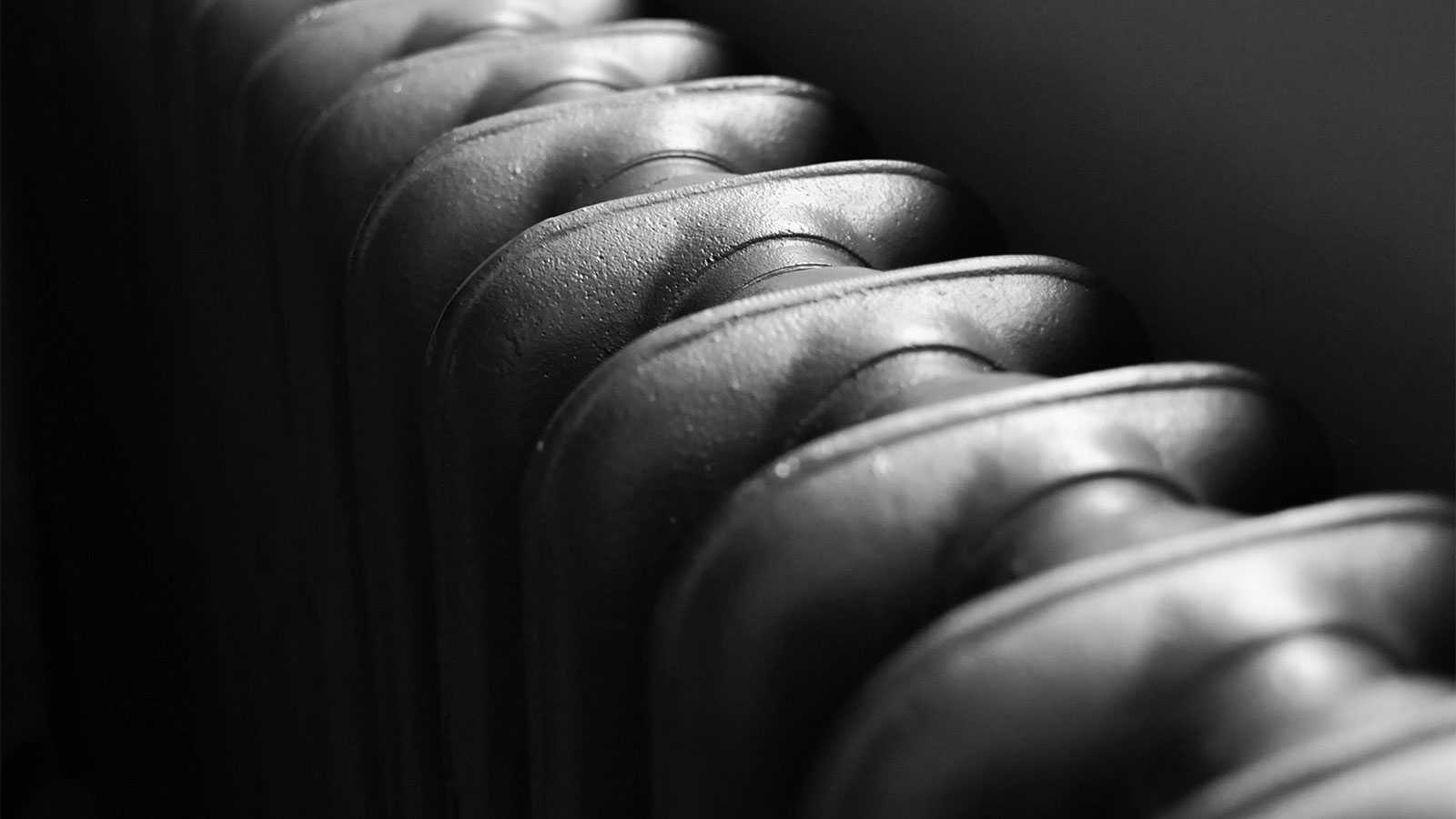How the gas industry is trying to keep crappy heaters on the market

Image: Collected
The American Gas Association, or AGA, the gas industry’s most powerful trade group, says it supports energy efficiency. The AGA frequently advertises how much its member utilities spend on energy efficiency programs.* The group has made a public commitment to “encourage and support energy efficiency” as part of its climate change strategy. “One of the most effective means to reduce emissions is through energy efficiency and our industry is doing its part,” AGA CEO Karen Harbert wrote in an op-ed for Earth Day this year.
But in federal rulemakings, the AGA is fighting the prospect of getting more efficient natural gas heating equipment on the market. Recent comments that the industry group submitted to the Department of Energy argue against new efficiency standards for gas-powered boilers.
Increasing the adoption of appliances, cars, and industrial machinery that use less energy is a key strategy for cutting emissions over the next decade, according to the International Energy Agency’s recent roadmap to net-zero. Efficient appliances save customers money and can potentially save lives by reducing strain on the power grid during fatal heat waves and cold fronts. And since the odds of passing strong climate legislation through Congress are not looking good, the Department of Energy’s mandate to set efficiency standards is one of the few climate tools at President Joe Biden’s disposal.
The federal government is required to review efficiency standards for certain appliances and equipment every six years and decide whether to raise the minimum bar manufacturers have to hit to put a product on the market. In March, the Department of Energy took the first step in that process for boilers, which burn natural gas to generate steam or hot water for heating, by issuing a public request for information on raising the standard.
Boilers have been around for more than 100 years, but modern boiler efficiency varies considerably. Comments submitted by the Appliance Standards Awareness Project, a coalition of groups that works to win stronger standards, show there are dozens of models that are at least 10 percent more efficient than the existing standard. And since these appliances last for decades, every inefficient boiler sold locks in more emissions.
“If someone’s going to install a gas appliance, you want it to be as efficient as possible,” said Andrew deLaski, executive director of the coalition, “because it’s going to be around for a long time.”
But in a joint comment submitted to the Department of Energy with the American Public Gas Association, which represents publicly owned utilities, and a Missouri-based gas utility called Spire, the AGA argued that new federal efficiency standards “do not appear to be economically justified,” and could even be illegal.
“There appears to be a big difference between these organizations’ public declarations of support for energy efficiency and their less-publicized lobbying against more ambitious energy standards,” said Alex Cranston, an analyst with the corporate watchdog InfluenceMap.
But in federal rulemakings, the AGA is fighting the prospect of getting more efficient natural gas heating equipment on the market. Recent comments that the industry group submitted to the Department of Energy argue against new efficiency standards for gas-powered boilers.
Increasing the adoption of appliances, cars, and industrial machinery that use less energy is a key strategy for cutting emissions over the next decade, according to the International Energy Agency’s recent roadmap to net-zero. Efficient appliances save customers money and can potentially save lives by reducing strain on the power grid during fatal heat waves and cold fronts. And since the odds of passing strong climate legislation through Congress are not looking good, the Department of Energy’s mandate to set efficiency standards is one of the few climate tools at President Joe Biden’s disposal.
The federal government is required to review efficiency standards for certain appliances and equipment every six years and decide whether to raise the minimum bar manufacturers have to hit to put a product on the market. In March, the Department of Energy took the first step in that process for boilers, which burn natural gas to generate steam or hot water for heating, by issuing a public request for information on raising the standard.
Boilers have been around for more than 100 years, but modern boiler efficiency varies considerably. Comments submitted by the Appliance Standards Awareness Project, a coalition of groups that works to win stronger standards, show there are dozens of models that are at least 10 percent more efficient than the existing standard. And since these appliances last for decades, every inefficient boiler sold locks in more emissions.
“If someone’s going to install a gas appliance, you want it to be as efficient as possible,” said Andrew deLaski, executive director of the coalition, “because it’s going to be around for a long time.”
But in a joint comment submitted to the Department of Energy with the American Public Gas Association, which represents publicly owned utilities, and a Missouri-based gas utility called Spire, the AGA argued that new federal efficiency standards “do not appear to be economically justified,” and could even be illegal.
“There appears to be a big difference between these organizations’ public declarations of support for energy efficiency and their less-publicized lobbying against more ambitious energy standards,” said Alex Cranston, an analyst with the corporate watchdog InfluenceMap.
Source: https://grist.org
Previous Story
- DRiViLL seeks ride-posting licence in Bangladesh
- Bangladesh on the right track to becoming a...
- Powerful storm interrupts nation’s busiest travel weekend
- China to send its top exchange arbitrator to...
- Airlines Offer Fee Waivers, Cruise Ships Change Routes...
- How to Turn Your Phone into a Summertime...
- Minister seeks fair prices for apparel